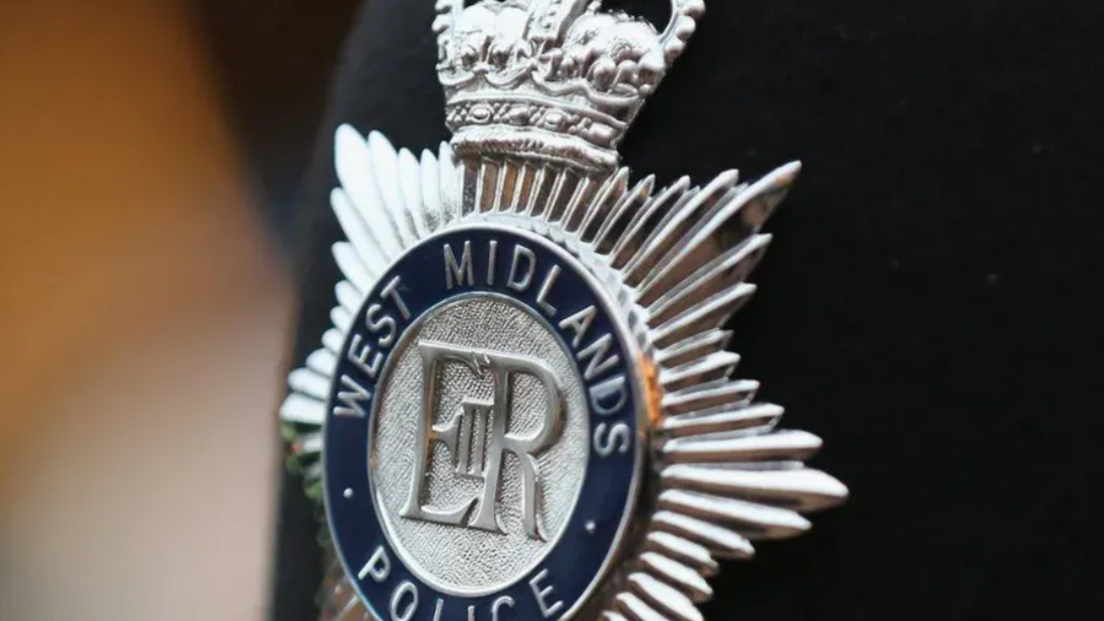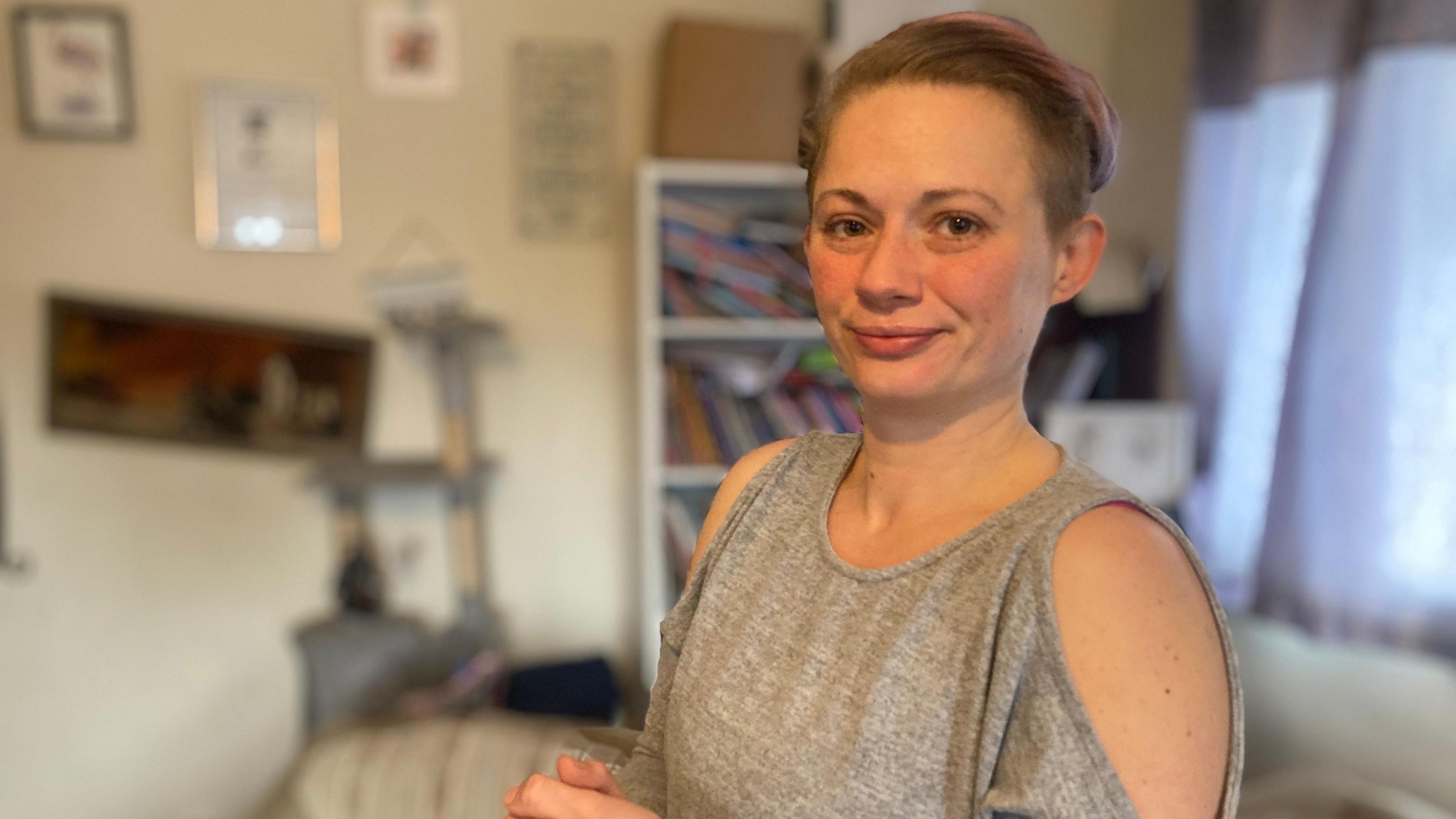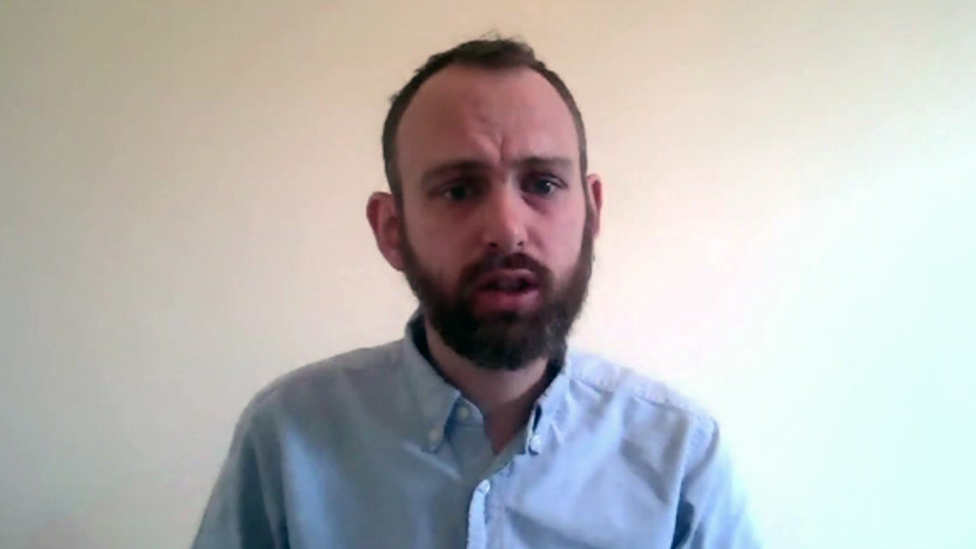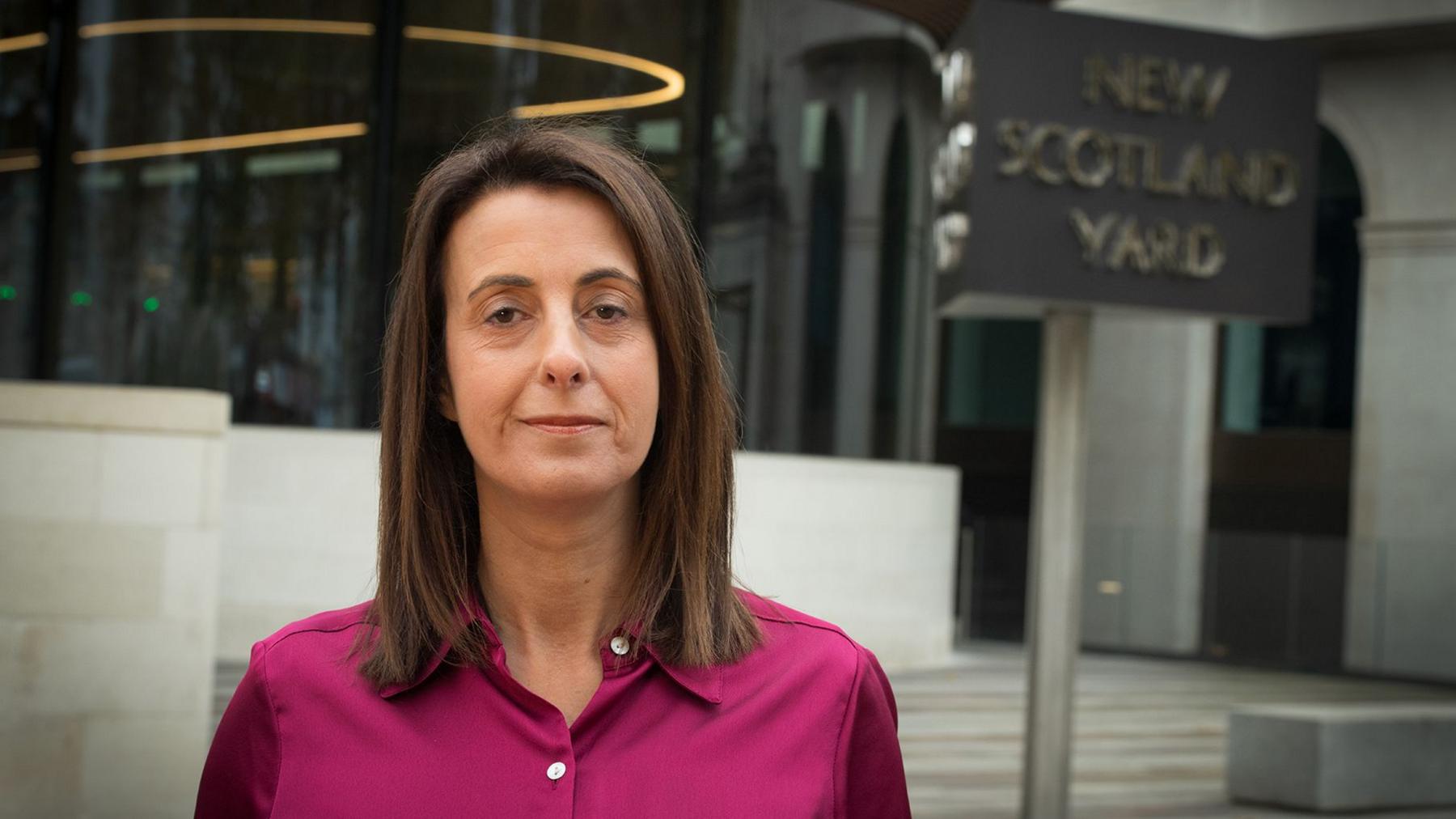Police 'laughing' at victims' requests for reviews

West Midlands Police has approved just 87 out of 1,013 right to review requests over the past five years
- Published
A woman who was sexually assaulted has said West Midlands Police's poor response to handling requests for reviews of investigations feels like the force is "laughing" at the system.
West Midlands Police rejects over 90% of Victims' Right to Review (VRR) requests, according to new figures.
That makes it by far the worst rate of the 30 forces that responded to a BBC Freedom of Information (FOI) request.
West Midlands Police said it was currently undertaking a review of the scheme to provide victims with the best possible service.
Figures showed that of the 1,013 requests lodged since 2015, West Midlands Police took a second look at just 87 cases, or 8.9% of them.
The national average was 59%, with South Yorkshire topping the list at over 92%.
VRRs were introduced in 2013 and give victims of a crime the opportunity to ask police to review their decision not to charge, if a suspect has been interviewed under caution.
If approved, a senior officer who was not previously involved in the case looks over the evidence and makes their own decision on how to proceed, including possibly bringing charges.

Alexandra Whitelaw, from Walsall, described the force's low rate of approval as a "massive failing for our community"
Alexandra Whitelaw, from Walsall, who has waived her right to anonymity, submitted a VRR in 2013 after an assault, and again in 2020, following a separate investigation into a historical case.
In both cases the right to a review was rejected.
"You're going through the worst thing you've ever gone through and you're trying to fight to get this crime taken seriously and the police and the CPS seem to just reject that," she said.
"It's like your crime isn't valid. It's so quick, it just feels like they haven't tried."
She suggested the low rate of approval was a "massive failing" for her local community and had damaged the relationship with the police.
"It's heartbreaking, honestly it destroyed me," she said.
"We're poor around here. We struggle really hard. And we can't even rely on the police to protect us. Even if we go through the process, we do everything we're supposed to... It's basically laughed at."
'Postcode lottery'
Alex Mayes, who works for the charity Victim Support, said that although the scheme had been valuable to many victims of crime, there was a "big discrepancy" between police forces.
"We're quite concerned that there is such a big postcode lottery for victims across the country," he said.
"It may also be to do with the quality of information that has been given to victims about a review, because it's quite limited in scope."
Mr Mayes said there needed to be consistency to ensure outcomes were not dependant on where victims lived.
"There probably needs to be a bit of review to whether this right should be broadened so as to include more cases," he added.
"We want it to be looked at so it can include, possibly, where the police have closed an investigation."

Alex Mayes said there was a "postcode lottery" across the country
The Met Police and West Yorkshire Police, which both received more requests than their counterpart in the West Midlands, approved 55% and 45% of them respectively.
The police scheme should not be confused with one run by the CPS, which gives victims the right to challenge prosecutors' decisions regarding charging suspects in the most serious crimes.
Even if the cases are reviewed, there is no guarantee the original decision to not charge a suspect will be reversed and, even if it is, it is not always a smooth experience, as the BBC's Lucy Manning discovered.
What are the rules on VRR?
You must request a review within three months of the police decision not to charge
You can request a review of the case if you are a victim of a crime, a close relative of someone who has died as a result of a crime, or the parent or guardian of a victim who is under the age of 18
You can also ask someone to act on your behalf such as a victim support service or an MP
Police make the decision to charge suspects in all but the most serious crimes - about two thirds of cases, external according to the CPS
In response, West Midlands Police told the BBC that it was currently undertaking a review of VRR to ensure that it was offering victims the best service, and dealing with all reviews in a timely and appropriate way.
Ch Supt Andy Parsons, head of Criminal Justice Services, said: "Last year, we brought charges against people on more than 13,000 occasions and we are committed to getting the best outcome for victims from the moment they get in touch with us.
"We pursue all the evidence to ensure we can present the best possible case to the Crown Prosecution Service, which makes many of the decisions around charging.
"We understand that when we tell victims that we believe we do not have enough evidence to charge, it can be upsetting and frustrating.
"That's why they have the option to get that decision reviewed by a senior officer, and where appropriate, the charging decision can be changed.
"It's only right that our decisions are scrutinised and reviewed, and we are always looking at ways of improving that process to continue to deliver the best service for the public."
West Midlands Police and Crime Commissioner Simon Foster said he expected the force "to carefully, conscientiously and diligently consider all requests for a Victims Right to Review".
If you've been affected by the issues in this story, help and support is available via the BBC Action Line.
Related topics
- Published16 November 2024

- Published5 June 2013